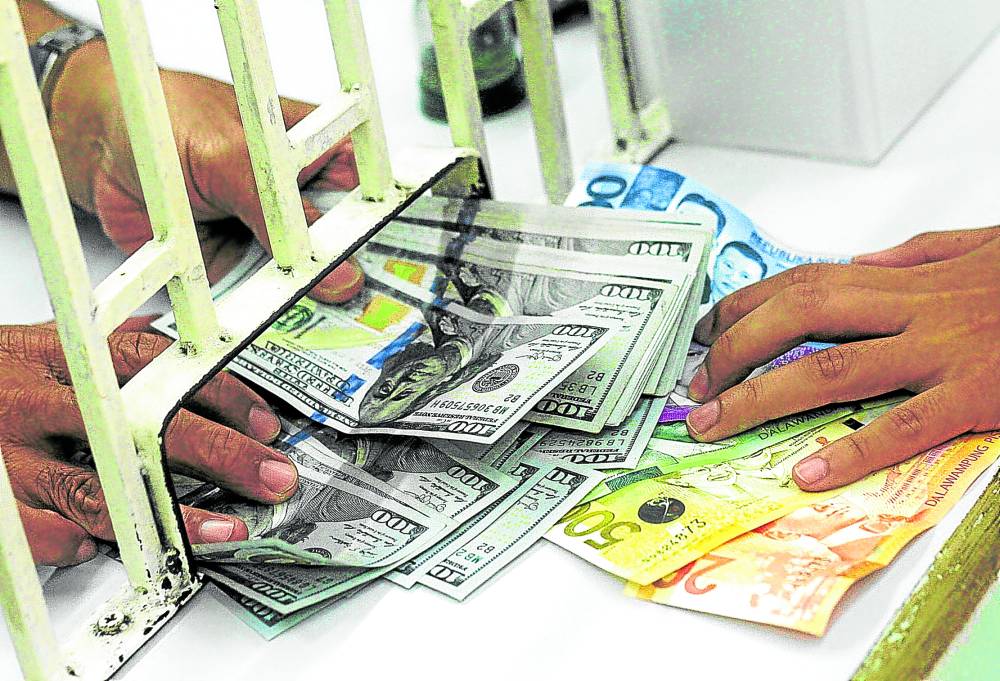The Dangers of Overdependence on OFW Remittances
By Randell Tiongson on May 20th, 2025
For decades, Overseas Filipino Workers (OFWs) have been hailed as modern-day heroes. Their remittances—amounting to over USD 36 billion in 2023 (Bangko Sentral ng Pilipinas)—have kept the Philippine economy afloat during crises and have helped millions of Filipino families survive and even thrive.
But while we celebrate their sacrifice and contributions, we also need to confront a difficult truth: our overdependence on OFW remittances is not sustainable. In fact, it poses serious risks to both our economy and the social fabric of our nation.

1. Economic Risks: A Hollow Foundation
Remittances account for roughly 9% of the Philippines’ GDP (World Bank, 2023). While this inflow has stabilized our economy through the years, it creates a false sense of strength. Here’s why:
- Lack of Productivity Growth: Instead of building an economy driven by productivity, innovation, and industry, we rely heavily on money earned abroad. That money fuels consumption—but not necessarily production. It’s like receiving allowance without working.
- Vulnerability to Global Shocks: OFWs are employed in industries vulnerable to global disruptions—healthcare, construction, domestic work, and oil. A recession, war, or pandemic in host countries (like what we saw during COVID-19) can quickly disrupt remittances.
- Discouraged Local Development: With steady inflows of foreign earnings, the urgency for domestic job creation and industrial development lessens. There’s little incentive to reform sectors like agriculture and manufacturing, which should be our long-term economic pillars.
2. Social Costs: Families Pay the Hidden Price
The economic gains come at a heavy social cost—one we rarely talk about enough.
- Parental Absence: Many OFWs leave young children behind. These children grow up without daily guidance and emotional support. Countless studies link long-term separation to behavioral issues, emotional instability, and academic underperformance.
- Dependency Mindset: Some families back home grow accustomed to receiving rather than producing. I’ve personally seen cases where children of OFWs are unmotivated to finish school or find work—because the remittance always arrives like clockwork.
- Broken Marriages and Family Tensions: The strain of long-distance relationships, combined with trust issues and loneliness, has contributed to many failed marriages. The emotional toll is immense and often leads to deeper psychological wounds across generations.
3. A False Sense of Middle-Class Security
Remittances often fund lifestyle upgrades—better homes, appliances, gadgets, and tuition. These are all good things. But they can create the illusion of financial stability without building true wealth.
Here’s the hard truth: consumption is not the same as wealth-building.
Many OFW families don’t have emergency funds, investments, or retirement plans. When the OFW comes home for good—either by choice or due to circumstances—they often return to square one.
Worse, many OFWs go into debt to maintain the standard of living expected of them back home.
4. Brain Drain and Labor Exodus
Our best and brightest leave the country in search of greener pastures. While this brings financial rewards, it also leads to the depletion of skilled workers in vital sectors such as healthcare, education, and engineering.
This weakens our local institutions and hampers long-term national development. As more young people aspire to work abroad rather than build the nation from within, we lose the opportunity to cultivate local leadership and innovation.
What Can Be Done? Real, Long-Term Solutions
We must honor our OFWs not just by celebrating them—but by creating a future where they no longer need to leave.
Here are some recommendations:
1. Strengthen Domestic Job Creation
- Invest in industries with high employment potential: agriculture, manufacturing, renewable energy, and digital services.
- Offer tax incentives and ease of doing business for SMEs and local entrepreneurs.
2. Promote Financial Literacy for OFWs and Families
- Equip OFWs with financial education before deployment.
- Encourage saving, investing, and responsible entrepreneurship—not just remittance.
- Programs like PESO (Public Employment Service Office) and OWWA financial literacy training should be scaled and improved.
3. Support Productive Use of Remittances
- Promote investment in local businesses, co-ops, and social enterprises.
- Encourage remittance-backed ventures that create jobs within the community.
4. Rebuild the Value of Work at Home
- Strengthen public education and vocational training.
- Rebuild the dignity of labor within the country so that working locally is no longer seen as second-class.
5. Strengthen the Filipino Family
- Support returning OFWs with reintegration programs, marriage counseling, and livelihood planning.
- Teach values of stewardship, discipline, and long-term planning—especially to the next generation.

My Thoughts
I will always honor the OFWs who give so much for their families and for this nation. But as a country, we must ask ourselves: How long can we build our future on the sacrifices of those who are far away?
It’s time to create a Philippines where families stay together—not just during holidays but every day. A country where wealth is built not on foreign earnings but on local innovation, production, and purpose. That’s the nation our OFWs deserve to come home to.
And as we work toward this vision, we can take comfort in the promises of God.
“Unless the Lord builds the house, those who build it labor in vain.”
— Psalm 127:1 (ESV)
We need more than policy change—we need a heart change. A nation built on godly values like stewardship, discipline, and integrity will always stand stronger than one built on economic shortcuts. Our ultimate hope is not in remittances, but in a faithful God who provides, restores, and redeems.
To every OFW and every family waiting for their return: your sacrifice is not unseen. May you find strength in this promise:
“God is not unjust so as to overlook your work and the love that you have shown for his name in serving the saints.”
— Hebrews 6:10 (ESV)
Let us pray, plan, and build—together—toward a future where no Filipino has to leave just to live.

